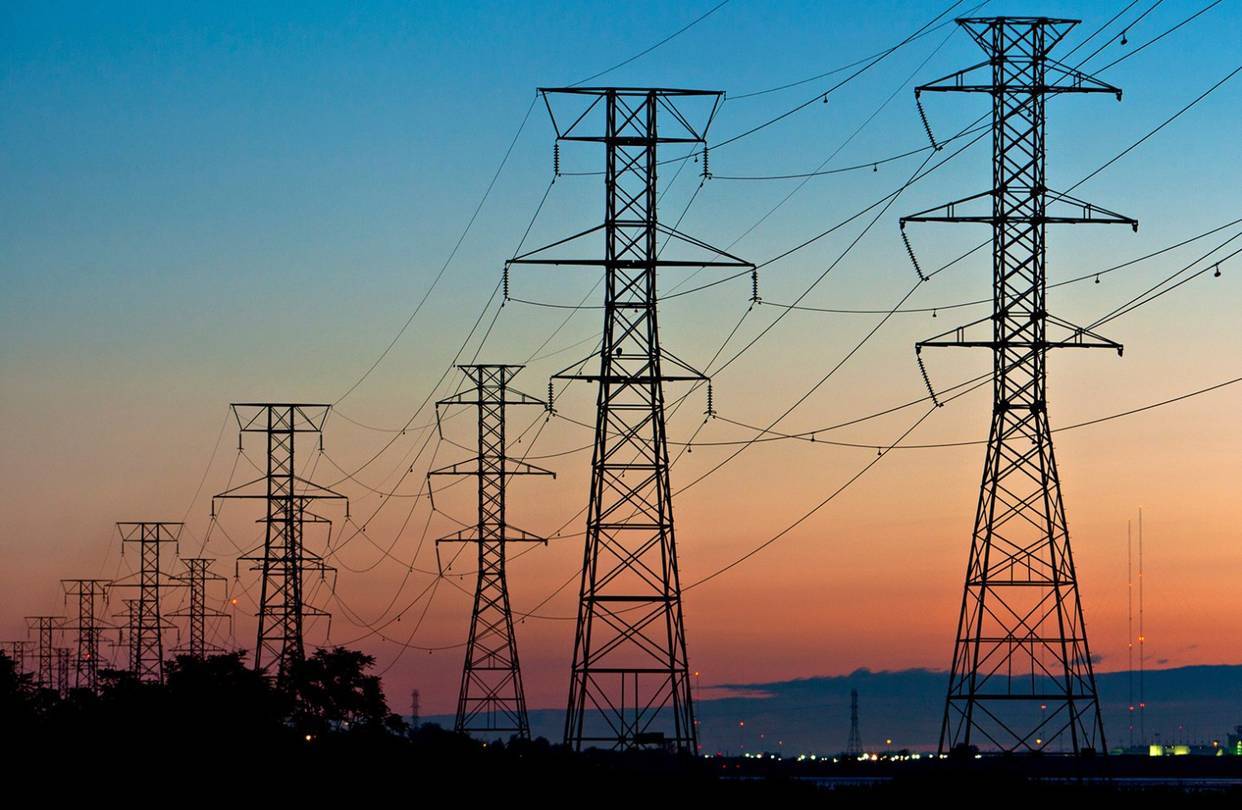Tough Times Ahead For South Africans As Electricity Costs Shoot By 66 Percent

New electricity tariffs for the 2019/20 period have been introduced for Jo’burg prepaid users.
The move which has caught many by surprise will see electricity users in the city pay an additional USD 14 surcharge to the municipal rates which means that electricity consumers will not notice the massive increment.
The new move which took effect as of 1 July 2019 will see the actual cost increase by 66 percent and is set to affect millions of people. In the newly released tariffs, users could end up paying 66 percent more if they use up just 300 kilowatts per hour in a month.
The initiative will however not apply to homes valued at less that USD 24,747.
Cape Town residents will also dig deeper into their pockets following new electricity tariffs that took effect beginning of July. The added rates range from 8.88 percent to 13.37 percent.
The electricity hike will affect residents who own a prepaid meter in a house costing more than USD 70,682 or those with a credit meter regardless of property value.
Residents who fall into that category are expected to pay a new fixed USD 10.60 a month, no matter the electricity they use.
They will then pay a rate of about USD 0.13 per kWh for the first 600 units a month and 0.15/kWh after that.
A number of those affected have raised concerns that those who are conserving power are the ones who will be most affected in the new tariffs.
Cape Town power has supported its new changes saying that the added payments will go towards supporting debt-ridden power utility Eskom as well as maintenance of the grid.
City of Tshwane has also been affected by the USD 14 fixed monthly charge. Both “conventional” and “prepaid” users will be hit by the new tariffs.
Featured Image Courtesy: The Wall Street Journal